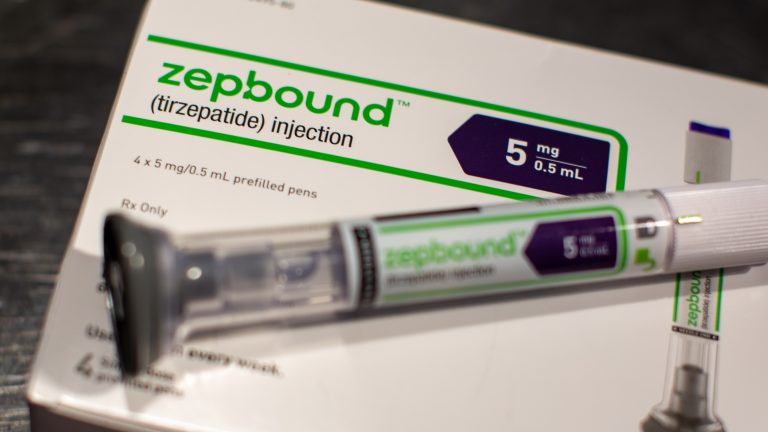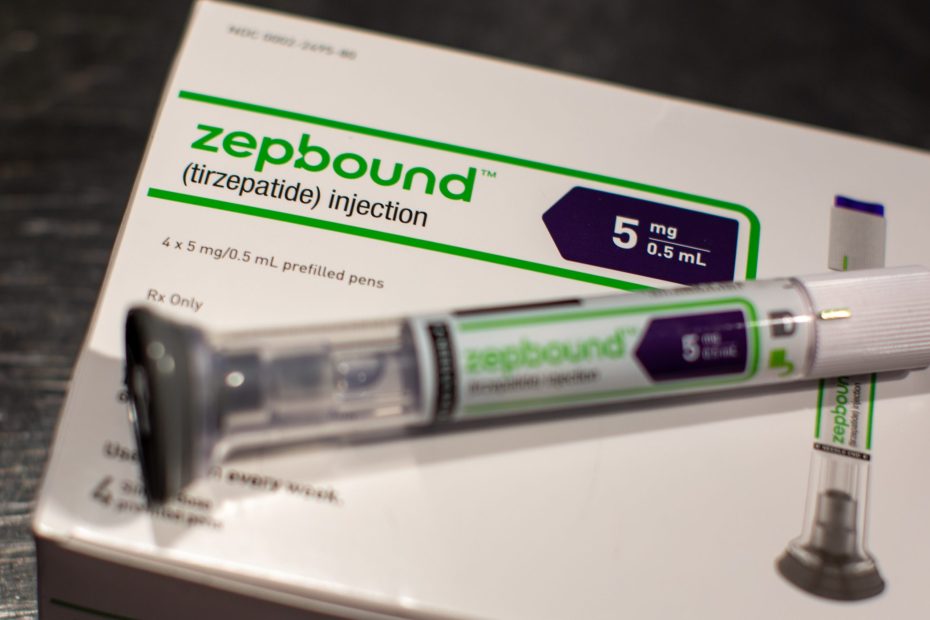
The judge in the case, District Judge Mark Pittman, granted the FDA's request, canceling an Oct. 15 hearing and ordering the parties to file a joint status report on Nov. 21.
Medicines respond
The move was celebrated by the Outsourcing Facilities Association (OFA), which filed the lawsuit.
“We believe this is a fair resolution in light of the agency's hasty decision to delist the drug, at a time when the agency has recognized 'supply disruptions,' which immediately poses a major access problem for patients everywhere in the world,” OFA Chairman Lee Rosebush said in a statement. “Most importantly, if the FDA repeats its takedown decision while an actual shortage still exists, we will return to court.”
The move is also likely to please patients who have become dependent on cheaper, more readily available compounded versions of the drugs. For some, compounded products may have been the only access to tirzepatide. However, these medications are not without risk. The FDA has repeatedly emphasized that compounded drugs are not FDA-approved and do not undergo the same safety, efficacy, and quality reviews. And the agency has warned about dosing errors and other safety issues with compounded versions.
The one party that is certainly unhappy with the FDA's move is Eli Lilly, which reportedly sent cease-and-desist letters to the compounders. In an emailed statement to Ars, a Lilly spokesperson said there was sufficient supply of the company's drug and that continued use of compounded versions is not justified. “There is no change in the fact that, as the FDA has acknowledged, Mounjaro and Zepbound are available and the shortage remains 'resolved,'” the spokesperson said.
Lilly also noted the FDA's safety concerns about the compounded versions, adding that its own examination of some compounded products found impurities, bacteria, foreign dyes, incorrect potency, puzzling chemical structures and, in one case, a product that was just sugar alcohol.
“All doses of Lilly's FDA-approved medications are available and it is important that patients are not exposed to the risks of taking untested, unapproved knockoffs,” the spokesperson said.
In terms of the supply disruptions cited by the FDA and which some patients and pharmacies reportedly experienced, Lilly said the supply chain was complex and there are many reasons why a particular pharmacy may not have a specific dose available, such as limited refrigerated supplies storage space.

